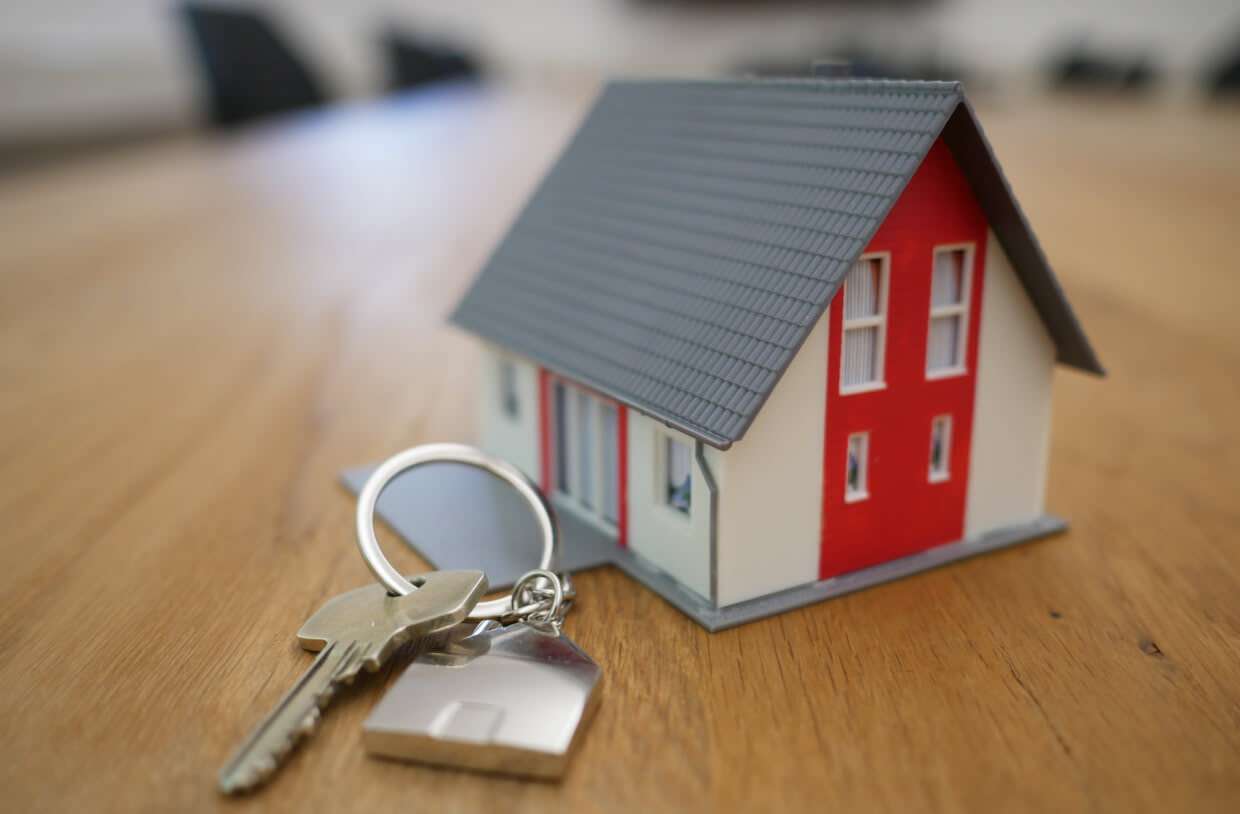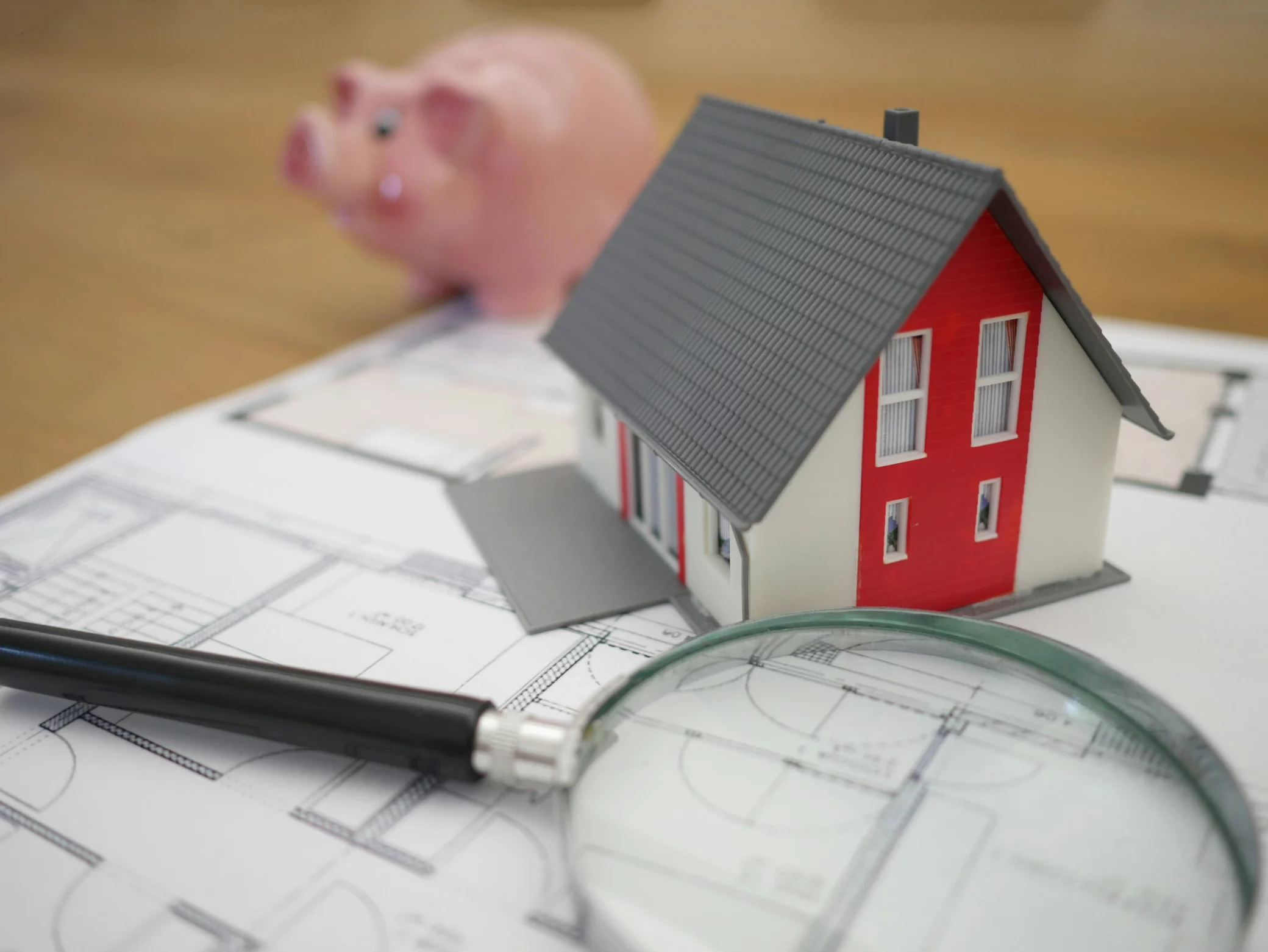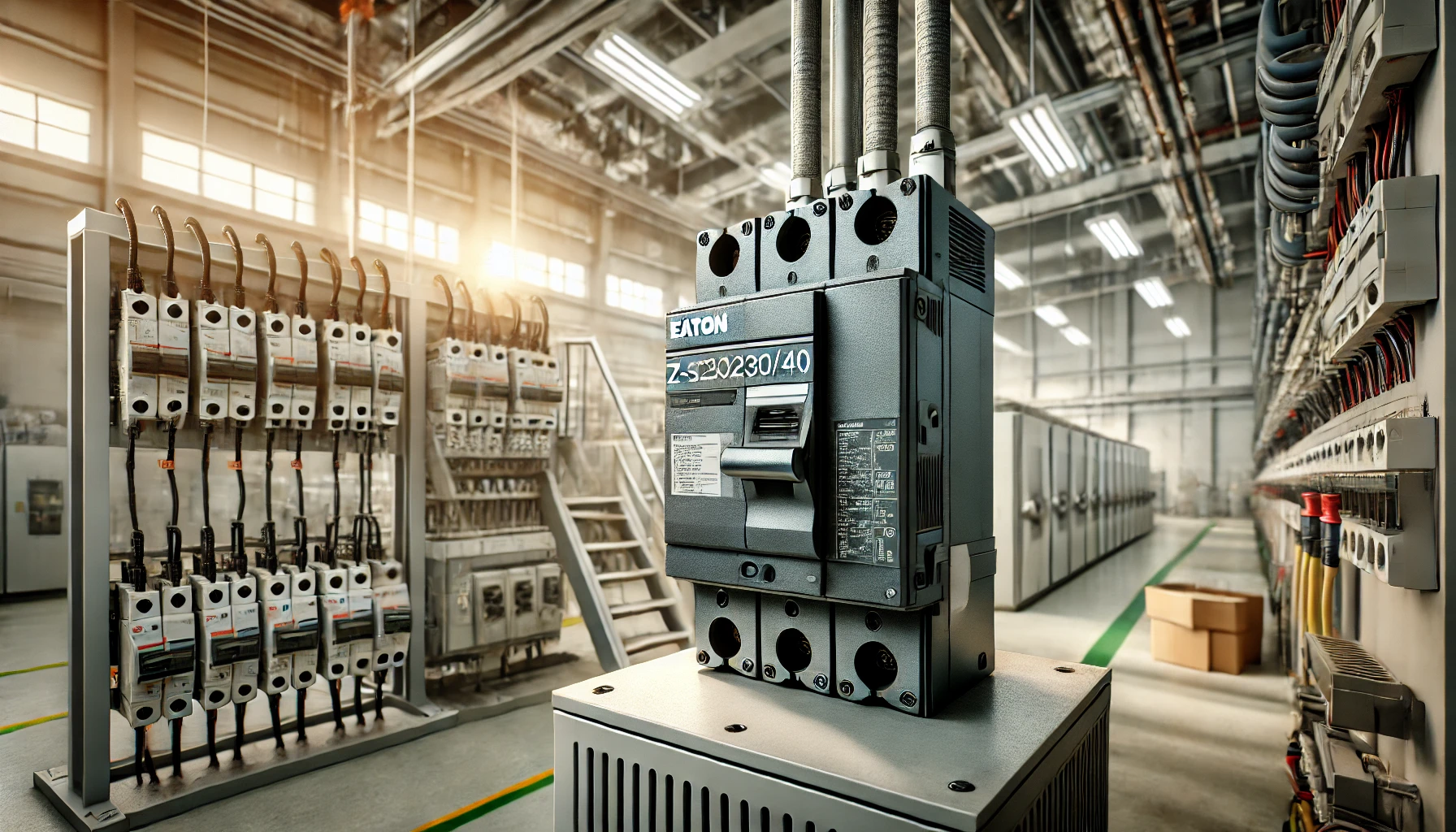Real Estate
Calculating the Risk of Investing in Townhouses

Table of Contents
When it comes to real estate, is it worthwhile to invest in a townhouses? It may possible, according to SaveMax, if you can analyze your investment risk and consider specific factors.
What Does the Term “Investment Risk” Imply?
Real estate investment has a unique set of hurdles, so don’t go into it expecting to make a quick buck. If you invest without doing some study, there’s a chance you won’t get your money back, just as with any other investment.
Holding on to money has its own set of issues owing to the opportunity cost of not making a profit. To avoid this, weigh the advantages of investing your money against the security of keeping it in a bank account.
Learning more about your risk tolerance might help you make better financial decisions. You should seek for townhouses that are suitable for your risk profile.
How to Calculate the Risk of Buying a Townhouse
Let’s look at a few things that might effect your performance when it comes to investing in townhouses now that we’ve defined what investment risk is.
Flow of the Real Estate Market
Ups and downs are caused by the economy, interest rates, inflation, and other market movements. Even the best-managed and well-kept real estate holdings will be harmed by a market downturn. If you purchase a townhouse during a downturn, this might be a major issue for you. Market shocks can’t be avoided, but investors may protect themselves with a diversified portfolio and a strategy based on general market conditions.
Location
This relates to the exact location of the townhouse you’re considering purchasing. You should find out whether the location is urban or suburban, what stage of development it is in, and the crime rate, among other things. Because most people are aware that real estate is mostly about location, it would be beneficial if you looked into why the location is a good investment. A letter grade of A, B, C, or D is awarded to each area. The higher the rating, the more appealing the location.
Property Issues
Certain faults may not be detected until after the closing, despite a thorough house inspection. Any faults found on the property will have an impact on your bottom line. You’ll have to deal with these concerns on your own as a real estate investor. This might entail working longer hours on the property or locating the best contractor for the job. To determine your budget, you need have some backup money added to your investment.
Tenants with Issues
To avoid vacancy risk, you should keep your investment property occupied. A bad renter, on the other hand, may be more costly than having no tenant at all. While it’s impossible to totally eliminate the chance of a troublesome renter, you can reduce the risk by implementing a thorough tenant screening method. Examine the market to determine how frequently townhouses are rented, the average price, and the renters’ viability.
CLICK HERE: FOR MORE READING ABOUT UPDATED TIME AND PLEASE FOLLOW ME ON FACEBOOK, TWITTER
Rates of Vacancy
In real estate investing, there is always the risk of a high vacancy rate. If you rely on rental income to meet bills like the mortgage, insurance, property taxes, and upkeep, high vacancies are extremely problematic. You must continually fill such flats with renters in order to make rental money.
Real Estate
Unlocking Opportunities: The Benefits of Real Estate Classes

Table of Contents
In the highly competitive real estate industry, you will need to stay ahead of the curve if you want to build a successful career. It doesn’t matter if you’re a new graduate looking to build a name for yourself in the field, or you are already a well-established entrepreneur seeking to venture into real estate, taking a real estate salesman course is a must.
The good thing is that there are many courses for real estate agents offered by different institutions and it’s up to you to choose one that suits your preferred learning style, budget, and other things. You can enroll for in-person real estate classes like RealEstateU, study real estate online, or even study through a hybrid program that combines in-person classes and online tuition.
Here are some of the advantages of enrolling in real estate classes:
Prepares students for licensure
To practice as a real estate salesperson in the US, you need to obtain your real estate license. You will need to enroll in a real estate licensing program and complete a real estate course at an approved education provider to qualify for a license.
Approved real estate classes cover all of the required coursework that has been set by the regulatory authorities and offer exam preparation materials and other valuable resources. All of these help students ace their licensing exams. In addition, reputable real estate education providers will offer aspiring real estate professionals personalized guidance and support. This prepares the students adequately to navigate the challenges of the licensing process.
Helps in knowledge acquisition
Another reason you need to look for a reputable “realtor course near me” and enroll in the classes is that the courses offer students the necessary information to understand the industry deeply. Some of the concepts covered include:
- Sales strategies
- Legal regulations related to the industry
- Real estate market trends
- Valuation techniques for properties
Real estate classes cover a wide range of topics that are crucial for success in the industry whether you want to venture into commercial, residential, or industrial real estate.
Improves professional credibility
Given the competitiveness of the real estate industry, having a solid educational background and a good grasp of the field can put you ahead of the pack. When you enroll and complete a real estate salesman course, you show you’re committed to learning and developing yourself professionally and this boosts your credibility and marketability as a professional in real estate. When you invest in real estate education, you will reap the benefits of increasing your earning potential and career advancement.
Increases networking opportunities
Networking and building solid relationships are crucial for success in the real estate world. The good news is that courses for real estate agents offer aspiring professionals in the industry some of the best platforms for networking with experts in the field. When you enroll for real estate classes you get the opportunity to forge valuable relationships that could open doors for you to build partnerships or get jobs or deals in the industry. Also, most of the real estate education providers host experts and leaders in the industry offering a chance for students to get valuable insights and learn about the latest developments and trends in the field.
Conclusion
Enrolling in real estate classes offers so many benefits including preparing aspiring professionals for licensures, equipping students with skills and knowledge, and offering great networking opportunities, to mention but a few.
Real Estate
Maximizing Returns: How to Sell Disney Properties Effectively

Table of Contents
When it comes to selling Disney properties, there are a few key strategies that can help you maximize your returns. Whether you’re looking to sell a vacation home or an investment property, this guide will provide you with valuable insights and tips to help you navigate the process and sell Disney property successfully. Read on!
Know Your Market
The first step in maximizing returns is knowing your market. This means understanding the current real estate trends in the area where your Disney property is located.
Are similar properties selling quickly or sitting on the market for months? What is the average sale price for homes in the area? Knowing these key details will help you set a realistic price and attract potential buyers.
Highlight Unique Features
Disney properties are highly sought after, but that doesn’t mean yours will automatically stand out among the rest. This is where highlighting unique features can make a big difference.
Does your property have a view of the Disney theme parks? Is it located within walking distance of popular attractions or restaurants? These are all features that potential buyers will find appealing and may be willing to pay more for.
Stage Your Property
Just like selling any other property, staging your Disney home is crucial. This means decluttering, deep cleaning, and adding small touches to make the property feel inviting and well-maintained.
You can also try incorporating Disney-themed decor or accents to add a touch of magic to the space. Just be careful not to overdo it and turn off potential buyers who may not share your love for all things Disney.
Utilize Online Marketing
In today’s digital age, online marketing is essential for selling any property. Make sure to utilize social media platforms and real estate websites to showcase your Disney property.
You can also create a virtual tour or video walkthrough to give potential buyers a better sense of the property’s layout and features. This will help attract more attention and potentially lead to higher offers.
Use Online DVC Listings
If you own a Disney Vacation Club property, consider listing it on online DVC marketplaces. These websites are specifically tailored to buyers and sellers of DVC properties like Disney’s Aulani Hawaii. This makes it easier to connect with potential buyers who are already interested in Disney vacations.
DVC listings also use the Disney point system to sell the properties. It is important to understand this system to make sure you are pricing your property accordingly.
Price Competitively
Pricing your property competitively is key to selling Disney properties effectively and maximizing returns. While it’s natural to want to get the highest price possible, overpricing can lead to a longer time on the market and potentially lower offers.
Do your research and consult with a real estate agent to determine a fair and competitive price for your Disney property. This will help attract more serious buyers and potentially lead to a quicker sale.
Sell Disney Properties Effectively with this Guide
Selling a Disney property can be a profitable venture if done correctly. With this guide, you can maximize your returns and sell Disney property effectively. Remember to also work with a reputable real estate agent who has experience selling in the Disney market to ensure a smooth and successful transaction. Happy selling!
Real Estate
Limestone Commercial Real Estate Houston Reviews: A Comprehensive Overview

Table of Contents
Limestone Commercial Real Estate, a venerable institution with a rich legacy spanning over two decades, stands as a cornerstone in the heart of Houston, Texas. Renowned for its unwavering commitment to excellence, this esteemed agency specializes in catering to the unique needs of the local business community, showcasing an extensive repertoire of expertise in the commercial real estate industry. Bolstered by a team of seasoned professionals, Limestone has earned its stripes through top-notch services, evident in the glowing testimonials from satisfied clients.
In the dynamic and ever-evolving landscape of Houston’s commercial real estate, Limestone distinguishes itself by not merely adapting but thriving, leaving an indelible mark on the competitive market. The firm takes pride in its distinctive ability to curate optimal properties for clients, with a keen focus on the distinctive qualities and advantages offered by limestone as a building material, further solidifying its position as a prominent and respected entity in the realm of commercial real estate in Houston. In this article, all information will be about limestone commercial real estate Houston reviews.
Houston’s Real Estate Stalwart: Limestone’s Legacy and Expertise Unveiled:
As a prominent figure in Houston’s real estate arena, Limestone Commercial Real Estate unveils a legacy of unwavering expertise. For two decades, this stalwart agency has navigated the intricacies of the local market, establishing itself as a key player and a beacon of reliability.
- Enduring Presence: Limestone’s enduring presence in Houston’s real estate market is a testament to its resilience, adaptability, and ability to weather the changes in the industry.
- Market Impact: The agency’s impact on Houston’s realty extends beyond mere transactions, shaping the market dynamics and contributing significantly to the city’s evolving skyline.
Two Decades of Excellence: Limestone Commercial Real Estate’s Houston Journey:
Marking a journey of excellence, Limestone Commercial Real Estate has adorned Houston’s real estate landscape for over two decades. This journey is characterized by a commitment to unparalleled service, industry knowledge, and a constant pursuit of excellence.
- Milestones of Success: Over the past two decades, Limestone has achieved numerous milestones, becoming synonymous with success and reliability in Houston’s real estate circles.
- Commitment to Excellence: Limestone’s journey is marked by a steadfast commitment to excellence, setting it apart as a beacon of quality and integrity in the industry.
Navigating Houston’s Realty: The Impact of Limestone Commercial Real Estate:
Limestone Commercial Real Estate has become synonymous with navigating the intricate terrain of Houston’s real estate. Their impact extends beyond the transactional, delving into the very fabric of the city’s commercial real estate dynamics.
- Market Navigation: Limestone’s expertise lies not just in transactions but in navigating the complexities of Houston’s dynamic real estate market.
- Strategic Insights: The agency’s strategic insights have played a pivotal role in shaping Houston’s real estate landscape, contributing to its vibrancy and growth.
Building Trust, Building Houston: Limestone’s Role in Commercial Real Estate:
At the core of Limestone Commercial Real Estate’s mission is the endeavor to build trust and contribute to the growth of Houston. Their role extends beyond transactions; it is about crafting a legacy of reliability, trustworthiness, and positive impact.
- Community Building: Limestone’s role transcends transactions, contributing to the fabric of Houston’s communities and neighborhoods.
- Trust and Reliability: The firm’s commitment to building trust is evident in its long-standing relationships, reflective of its reliability and credibility in the commercial real estate sector.
The Pillars of Limestone: A Closer Look at Houston’s Premier Real Estate Firm:
A closer examination of Limestone Commercial Real Estate reveals the pillars that uphold its status as Houston’s premier real estate firm. These pillars, including expertise, client-centric approaches, and market insight, form the foundation of the agency’s success.
- Expertise: Limestone’s team of seasoned professionals brings a wealth of expertise, ensuring clients receive unparalleled guidance and support.
- Client-Centric Approaches: The firm’s client-centric approaches prioritize the unique needs of each client, fostering lasting relationships and client satisfaction.
Houston’s Commercial Realty Maestro: Limestone Commercial Real Estate:
In the intricate symphony of Houston’s commercial realty, Limestone plays the role of a maestro. Their expertise and adept navigation of the market make them a prominent figure, orchestrating success for clients and contributing to the city’s real estate vibrancy.
- Market Orchestration: Limestone’s role as a maestro involves orchestrating successful transactions, and strategic investments, and fostering a dynamic real estate landscape.
- Contributing to Vibrancy: The firm’s contributions go beyond individual transactions, actively contributing to the vibrancy and growth of Houston’s commercial real estate scene.
Dynamics of Success: Limestone Commercial Real Estate in Houston’s Market:
Limestone Commercial Real Estate thrives in the dynamic environment of Houston’s real estate market. Their success is not only in adapting to change but in proactively shaping the market dynamics, contributing to its evolution.
- Adaptability: The agency’s ability to adapt to the ever-changing dynamics of Houston’s real estate market positions it as a dynamic and resilient player.
- Proactive Contribution: Beyond adaptation, Limestone proactively contributes to market dynamics, influencing trends and paving the way for innovative approaches.
Limestone Commercial Real Estate Houston Reviews of clients
The true measure of Limestone Commercial Real Estate’s success lies in the experiences and reviews of its clients. Positive testimonials underscore the firm’s commitment to excellence, client satisfaction, and the ability to turn real estate aspirations into reality.
- Testimonials: Client testimonials highlight Limestone’s efficacy in translating their visions into successful real estate transactions.
- Client Satisfaction: Positive reviews serve as a testament to the firm’s dedication to client satisfaction, showcasing the positive impact it has made on its clientele.
The Latest Product Updates and Recommendations
In the ever-evolving landscape of real estate, Limestone Commercial Real Estate remains at the forefront with continuous updates and valuable recommendations. These updates encompass market trends, property insights, and strategic recommendations to empower clients to make informed decisions.
- Market Trends: Limestone keeps clients abreast of the latest market trends, ensuring they have access to timely and relevant information.
- Strategic Recommendations: The firm provides strategic recommendations, leveraging its market insights to guide clients toward optimal real estate decisions.
Conclusion:
In conclusion, Limestone Commercial Real Estate’s enduring legacy, commitment to excellence, and dynamic approach have solidified its position as a leading force in Houston’s commercial real estate. Navigating the city’s reality with expertise, the firm builds not just transactions but lasting relationships and a positive impact on the community. From its role as a maestro shaping market dynamics to the pillars of trust and reliability, Limestone’s journey is a testament to its success and enduring contributions to Houston’s commercial real estate landscape.
-

 Travel4 years ago
Travel4 years agoThe Family of Kirk Passmore Issues a Statement Regarding the Missing Surfer
-

 Technology3 months ago
Technology3 months agoManyroon: The Key to Unlocking Future-Proof Business Solutions
-

 Cryptocurrency1 year ago
Cryptocurrency1 year agoBest Tips For Cryptopronetwork com Contact 2024
-

 Technology3 years ago
Technology3 years agoPaturnpiketollbyplate Login & Account Complete Guide Paturnpike.com
-

 Apps & Software2 years ago
Apps & Software2 years agoFapello 2023: Social Media Platform for NSFW Content
-

 Business3 months ago
Business3 months agoCoyyn.com Gig Economy: Smart Contracts and Fair Payments for Freelancers
-

 Business4 months ago
Business4 months agoAcumen: The Key to Smart Decision-Making and Success
-

 Technology4 months ago
Technology4 months agoEaton Z-SCH230/40-40 Brummt? Causes, Fixes, and Solutions






